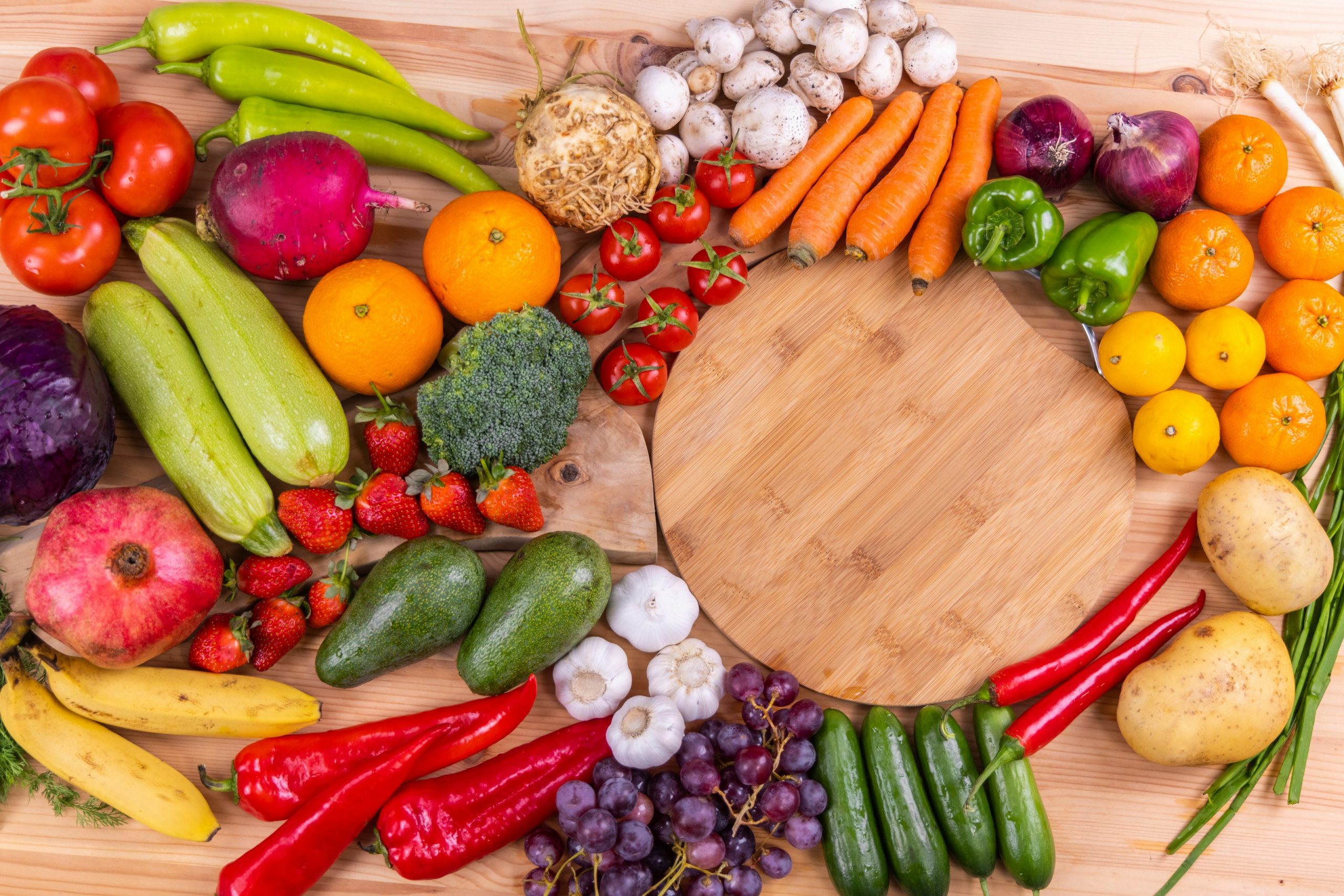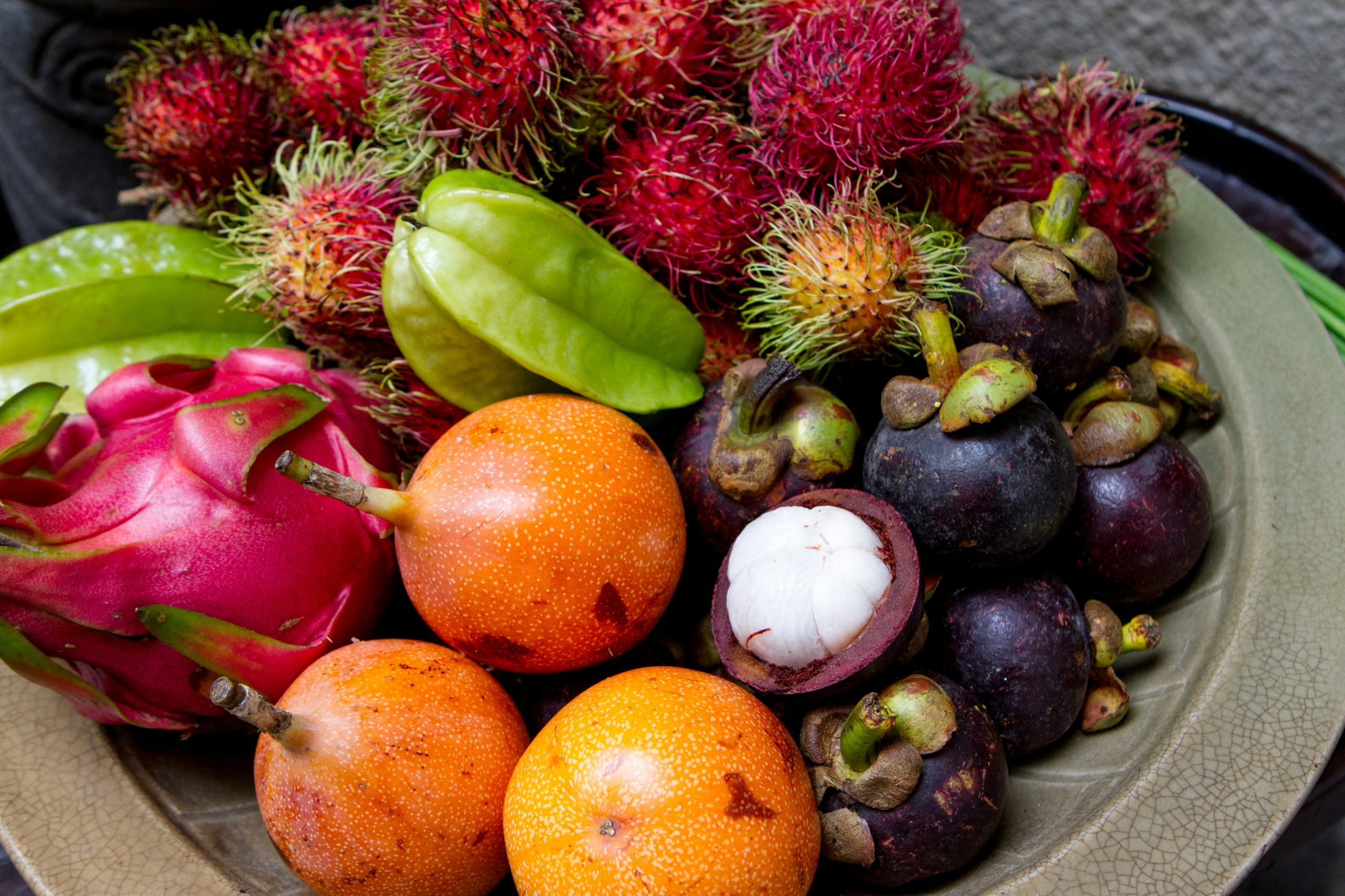According to consumer trends expert Diana Kelter, the term “mid-life crisis” is hopelessly out of date. These days, she explained, most adults are simply redefining what they want out of life.
“The term is not a ‘crisis,’ but ‘empowerment,’” said Kelter, director of consumer trends – North America at Mintel. “People are taking control of their lives. … People want to redefine life and find their own purpose. We see it with baby boomers. We see it with Gen X. We see it across the board.
“Rather than saving and planning for a distant future, people are saying ‘What do I do now?”
That so-called “new young” movement was one of the key developing trends that the market research firm highlighted, during its recent webinar titled “2026 Global Consumer Predictions.” Traditional lifestyles are blurring as longevity increases. In essence, consumers are seeking fulfillment across an extended middle period of life.
Mintel noted that millennials are changing how they view turning 40. Gen Zers are often opting for a “micro-retirement,” taking as much as a year off from work to travel and reassess life goals.
“We can see that push of, ‘I want to indulge in enjoyment now, (and make) memories,” Kelter said.
“As we look ahead to 2030,” she added, “we see an aging population. … So, products and services will have to be designed to provided relevance across all ages, to support lifelong transitions and changing social needs. We’re already seeing it.”
In its webinar, Mintel identified two other noteworthy consumer trends, as well:
The ‘Anti-Algorithm’ Movement
Mintel’s research found that consumers are pushing back against algorithmic influence, seeking more control over their digital experiences and demanding that brands prioritize human empowerment over efficiency.
“We’re kind of getting into our bubbles online, and we see more and more automation in our daily lives,” Kelter said.
A decade ago, most consumers welcomed the personalized recommendations and convenience that algorithms provided. In 2025, however, things are changing, as many people have become skeptical of misinformation via social media, for example.
“People talk about their algorithm as if it’s part of their identity – a living, breathing thing – and (not) this behind-the-scenes tool anymore,” Kelter said. “People (are) feeling the tension and the power it has over them.”
Mintel noted that current algorithmic models prioritize efficiency and reward predictability, which can stifle brand innovation.
“The algorithm can’t register a wink, or nuance,” Kelter said. She also noted that many Millennials have become wary of their children becoming consumed by digital media like YouTube clips.
“Millennials, because they’re parents of Gen Alpha, they’re feeling this fear for their children,” Kelter said, “so they want to be in the know of what to think about with the algorithm … knowing their kids are immersed in technology.”
The Affection Deficit
As interactions become more automated and distant, Mintel has noted that everyday occurrences that once facilitated human relationships, such as shared glances or gentle disagreements, appear to be eroding.
For an example of society’s increasingly anti-social nature, consider this stat: Mintel found that 29% of American adults familiar with AI have used it for chatting and companionship recently.
Brands are now positioned to rekindle the everyday connections that people are losing. In this landscape, Mintel noted, brands hold a unique power: they have the opportunity to actively design moments to cultivate affection.
“There’s so much opportunity for brands,” Kelter noted, “to decide how much we preserve those moments of affection – how much we maintain those moments of human kindness.”
Food for Thought Leadership
Is the future of flavor increasingly borderless? Valda Coryat, vice president of marketing for condiments and sauces at McCormick, reveals how curiosity powers McCormick’s flavor foresight, why segmentation by “flavor personality” matters, and how flavors are becoming more culturally driven.











